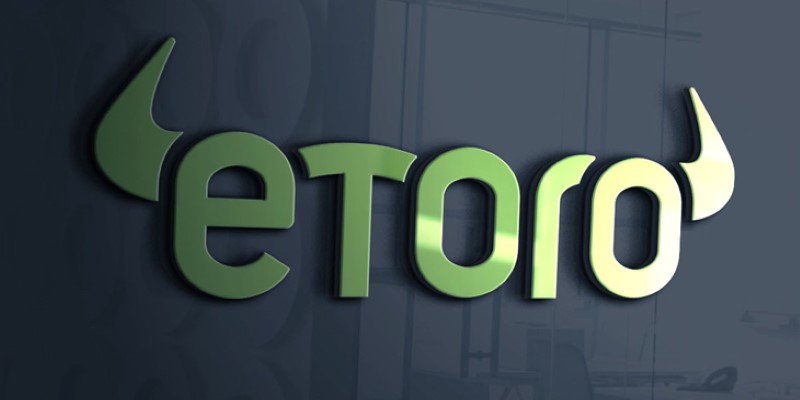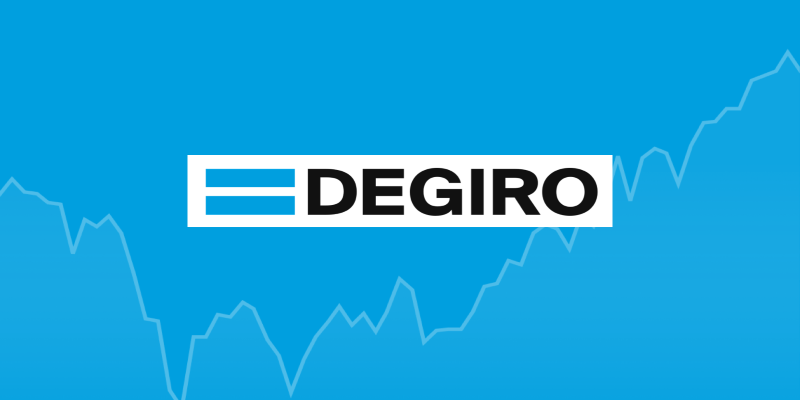How to Choose the Right Broker for International Trading
International trading has never been more accessible, but it's always easy to make a mistake when it comes to choosing the right broker. By having global markets at your fingertips, the broker you choose ultimately determines your access to buying and selling foreign stocks, ETFs, currencies, or commodities. However, not all of them are created equal - some can be known for competitive fees, while others shine with advanced tools or a robust selection of global assets.

It delves into everything you want to know about how to choose the best brokers for international trading. Whether an investor is experienced or just starting, knowing what to expect is essential to trade with confidence and efficiency.
Understanding International Trading: And Why the Right Broker Matters
International trading allows individuals to invest in markets outside their homeland, thereby exposing them to opportunities that may not be accessible at home. However, such a process has its own set of challenges, which include varying regulations, currency conversions, and even time zones.
Here is where brokers really become important. A good broker should make things more straightforward: provide easy access to the global markets and allow the necessary tools for an informed decision. Above all, your broker determines how much you pay in fees, how quickly you can execute trades, and even the diversity of markets that you have access to. The right choice saves time, money, and frustration and maximizes your potential for trading.
Features to Look for in the Best Brokers for International Trading
When evaluating brokers for international trading, it's important to focus on features that align with your trading goals.
One critical factor is market access. Some brokers specialize in certain regions, like Europe or Asia, while others provide access to dozens of global exchanges. Ensure the broker supports the countries and asset classes you’re interested in.
Another consideration is fees and commissions. Trading internationally often involves extra costs, such as currency conversion fees or higher transaction charges for foreign assets. Look for brokers with transparent and competitive pricing to avoid eroding your profits.
Technology also plays a huge role. Brokers offering advanced trading platforms equipped with real-time data, research tools, and custom charts can give you an edge. A user-friendly mobile app is another bonus for traders who need flexibility.
Don’t overlook customer service. Trading internationally often means dealing with different time zones and unique challenges. A broker with 24/7 support can be a lifesaver, particularly if you're navigating unfamiliar markets.
Finally, check the broker’s regulatory compliance. International trading involves working with brokers that adhere to legal and ethical practices. Ensure your chosen broker is licensed by reputable regulatory authorities in the regions in which it operates.
Top Brokers Catering to Global Trading Needs
Interactive Brokers: Best for Professionals
Interactive Brokers is a leader in the field, offering access to over 150 markets in 33 countries. Known for its low fees and professional-grade tools, it's a favorite for active traders who need advanced analytics and customizable platforms.
eToro: Ideal for Beginners

For beginners, eToro is an excellent choice, combining an easy-to-use platform with access to a wide range of global assets. It also supports social trading, allowing users to copy the strategies of successful traders and build confidence in international markets.
TD Ameritrade: Comprehensive Research Tools
TD Ameritrade offers a balanced approach, providing robust research tools and educational resources alongside its global trading capabilities. This makes it a great option for traders looking to deepen their knowledge while accessing diverse international markets.
Saxo Bank: Premium Features for High-Net-Worth Individuals
Another popular name is Saxo Bank, which caters to high-net-worth individuals with its premium features and extensive market access. While its fees are higher, the quality of service and tools justifies the cost for serious traders with substantial portfolios.
Fidelity and Charles Schwab: Best for Retail Investors
Fidelity and Charles Schwab also offer international trading services with a focus on low fees and comprehensive research tools. Their user-friendly platforms make them ideal for retail investors exploring foreign markets, particularly those who value simplicity and strong customer support.
DEGIRO: Transparent Pricing for Cost-Conscious Traders

DEGIRO has made waves in Europe for its transparent pricing and access to global markets. It’s particularly attractive to cost-conscious traders who want to minimize expenses without sacrificing market reach or platform functionality.
Robinhood: Streamlined Platform for Beginners
Robinhood appeals to newer investors with its commission-free model and streamlined mobile platform. While its international trading options are somewhat limited compared to others, it remains a strong contender for U.S. users seeking exposure to foreign assets.
TradeStation: Advanced Tools for Active Traders
TradeStation stands out with its cutting-edge platform designed for active and professional traders. With support for global equities and advanced charting tools, it’s a solid choice for those requiring in-depth market analysis.
Zacks Trade: Focus on Research and Analytics
Zacks Trade caters to experienced investors with its sophisticated tools, competitive pricing, and access to foreign exchanges. While it may have a steeper learning curve, it’s an excellent option for those who prioritize research and analytics in international markets.
CMC Markets: Best for Versatility and Asset Range
Finally, CMC Markets offers a versatile platform with access to a wide range of assets, including foreign stocks, forex, and commodities. Its strong presence in Europe and Asia makes it a popular choice for traders targeting those regions.
Conclusion
In the world of international trading, your broker is more than just a platform—it’s your partner. Selecting the best broker for international trading means finding one that aligns with your goals, offers competitive pricing, and provides the tools you need to succeed. By focusing on what matters most to you, such as market access, fees, and platform usability, you can unlock the full potential of global trading platforms. As you navigate the options, remember that the right broker can significantly impact your journey, turning a complex process into a seamless and rewarding experience.











